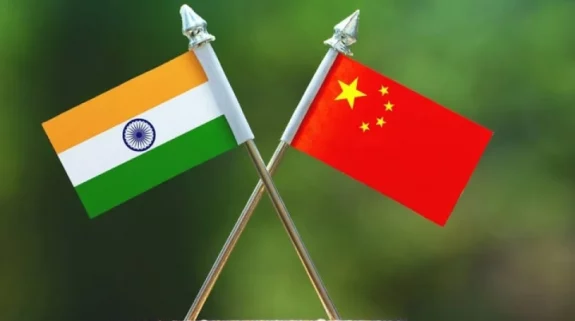Demanding a safe return of forcibly abducted Zaheer Ahmed Baloch in Quetta, the main highway linking Quetta to Karachi (N-25) has been blocked by the protesters near the Sona Khan area by the Baloch Yakjehti Committee (BYC).
Pictures and videos showing the highway blockage were shared by the BYC on social media platforms.
Taking to its official X handle, the BYC on Saturday posted, “The main highway connecting Quetta to Karachi (N-25) has been obstructed near Sona Khan. Yesterday, during a press conference, members of BYC and Zaheer Baloch’s family declared that unless their demands were met by the Administration, they would proceed to block the highways. Their main request was the secure release of Zaheer Baloch.”
The main highway connecting Quetta to Karachi (N-25) has been blocked near Sona Khan area. In a Press conference yesterday, BYC along with Zaheer’s family announced if there demands are not met by the Administration, they would block the highways. Their primary demand is the… pic.twitter.com/9ul8teTepH
— Baloch Yakjehti Committee (@BalochYakjehtiC) July 13, 2024
According to the BYC, Zaheer Ahmed Baloch, a father of two and the sole provider for his family, has been a government employee for over 15 years. He was reportedly abducted on June 27 by Counter Terrorism Department (CTD) personnel while on his way home from work.
Recently, Pakistan police brutally attacked a peaceful protest organised by the Baloch community for the safe return of Zaheer Ahmed Baloch at Saryab Road, Quetta. The response by the Pakistan police to the peaceful protests had drawn widespread criticism across the country.
Social media platforms are now inundated with posts and videos from human rights activists and organizations condemning Pakistan’s harsh actions. In a post on X, PAANK, the Human Rights Wing of the Baloch National Movement stated, “In recent times, the Balochistan government and its subordinate security agencies have been under scrutiny for their actions towards peaceful protesters. The authorities have been accused of violating the country’s Constitution and laws while attempting to justify their failures and resorting to violence against those who are peacefully protesting. This behaviour has sparked outrage and raised concerns about the state of democracy and human rights in Balochistan.”
Earlier, Mahrang Baloch, speaking on behalf of the BYC, announced plans for a Baloch National Gathering in Gwadar on July 28. In a video statement, she highlighted the committee’s strong opposition to what they term as the ongoing Baloch genocide by Pakistan.
Mahrang underscored various aspects of this alleged genocide affecting the Baloch community, including direct violence, deaths from accidents and neglect-related illnesses, and drug-related issues among Baloch youth. Economic hardships faced by Baloch farmers, labourers, and fishermen, including debt accumulation and land seizures for state projects, were also condemned.
On July 11, the Human Rights Commission of Pakistan (HRCP) condemned the event and posted on its official X handle, “HRCP strongly condemns the violent treatment meted out to protestors in Quetta, including women, who were rallying against the alleged enforced disappearance of Zaheer Baloch, a postal worker from Quetta who was abducted by unidentified persons on 27 June.”
“Despite continuing reports of enforced disappearances, particularly from Balochistan, the state has not demonstrated a firm resolve to end this heinous practice. Instead, it has invariably resorted to violence to stifle protests against enforced disappearances in violation of their constitutional right to assemble peacefully” the HRCP added.




















